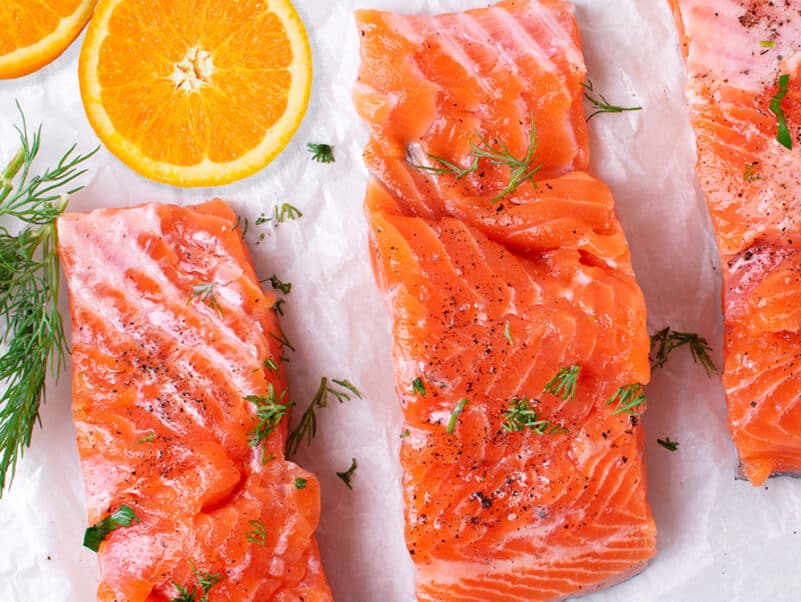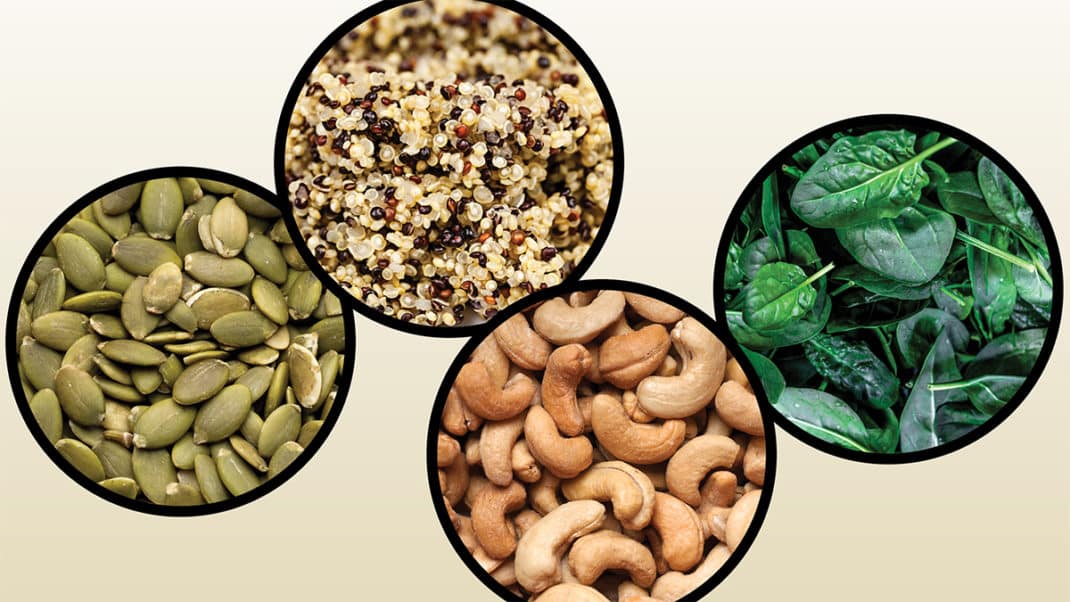corn refiners association asks FDA to consider name change for high-fructose corn syrup

In mid-September, the Corn Refiners Association (CRA)—the national trade association representing the corn-refining industry of the United States—petitioned the U.S. Food and Drug Administration (FDA) to allow manufacturers the option of using “corn sugar” as an alternative name for high-fructose corn syrup (HFCS). Proposing the change, they say, is “an effort to help clarify the labeling of food products for consumers.”
“Consumers need to know what is in their foods and where their foods come from, and we want to be clear with them,” said CRA president Audrae Erickson in a press release. “The term ‘corn sugar’ succinctly and accurately describes what this natural ingredient is and where it comes from—corn.”
The CRA holds that contrary to widespread consumer perception, HFCS is a safe and affordable natural sweetener found in many popular products on grocery shelves. Compared with other commonly used nutritive sweeteners, including table sugar, honey and fruit juice concentrates, HFCS is not high in fructose, according to the CRA. “Like table sugar, it is roughly half glucose and half fructose and is metabolized by the body in the same way as regular table sugar. In fact, the high-fructose corn syrup that is used in many foods, such as baked goods, is lower in fructose than table sugar,” states the CRA.
High-fructose corn syrup generally has gotten a bad rap, observes Pamela Nisevich Bede, MS, RD, CSSD, LD, nutrition consultant with www.swimbikeruneat.com in Beavercreek, Ohio. “Most research suggests that this ingredient in particular cannot be directly linked with the onslaught of obesity,” she says. “Some researchers have noted a correlation between increased consumption of HFCS and the rise in obesity over the last 30 years. However, a group of experts from the Center for Food, Nutrition, and Agriculture Policy at the University of Maryland, College Park, recently examined all the evidence and concluded that HFCS is not uniquely fattening and does not contribute to overweight or obesity any differently than other caloric foods (www.IFIC.org).”
In general, Bede points out, consumers should know that HFCS is found in many products, but a lot of them—such as soda and other high-calorie items—are considered empty-calorie foods. “The obesity epidemic is multifaceted and involves components other than HFCS, including a lack of physical activity and a diet that is excessive in overall calorie intake. It should be noted that HFCS, like table sugar and other sweeteners, is generally recognized as safe,” she says.
The bottom line for Bede? “All consumers should be striving to reduce the overall amount of empty calories in the diet, whether these calories come from HFCS, maple syrup, table sugar, deep-fried foods, trans fats—you name it. When HFCS and other sugars are consumed within the boundaries of a healthy, balanced diet and an active lifestyle, the risk of obesity is lessened. When excess calories (regardless of the source) are consumed alongside a sedentary pattern of living and lack of exercise, obesity is more likely to occur.”
For more information on HFCS, refer to “Sweet Facts About High-Fructose Corn Syrup,” by Jennie McCary, MS, RD, LD, in the June 2009 issue of IDEA Fitness Journal, www.ideafit.com/fitness-library/sweet-facts-about-high-fructose-corn-syrup.
Editor’s Note: Share your opinion on this topic. Should the FDA rule in favor of the requested name change? Whether you support the name change or are against it, please tell us why. Send your response to content@ideafit.com.
Sandy Todd Webster
For 22 years, Sandy Todd Webster was the chief architect of IDEA's content program - including the award-winning IDEA FITNESS JOURNAL and IDEA FOOD & NUTRITION TIPS - the industry's leading resources for fitness, wellness and nutrition professionals worldwide. She created, launched and nurtured these brands and many others during her productive and purposeful IDEA tenure. Sandy is a Rouxbe-certified professional plant-based cook and a Precision Nutrition Level 1 Coach who is pursuing a Master's degree in Sustainable Food Systems through The Culinary Institute of America (expected August 2024). She plans to combine these passions with her content expertise to continue inspiring others to make the world a more just, healthy and regenerative place.





